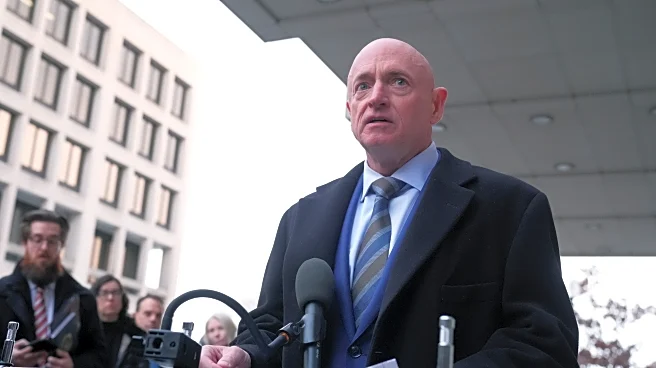Rapid Read • 8 min read
Judge Analisa Torres has confirmed that there will be no further action in the SEC v. Ripple case, despite rumors circulating on social media. The case, which has been one of the most high-profile lawsuits in the cryptocurrency sector, concluded with a final judgment on August 7, 2024. Ripple was fined $125,035,150 and permanently enjoined from violating Section 5 of the US Securities Act of 1933. Although both the SEC and Ripple sought to reduce the fine and dissolve the injunction, these requests were denied by Judge Torres. The case is officially closed, and no additional documents will be signed by the judge.
AD
The closure of the SEC v. Ripple case marks a significant moment in the cryptocurrency industry, as it sets a precedent for how digital assets are regulated under U.S. securities law. Ripple's legal battle has been closely watched by industry stakeholders, as it could influence future regulatory actions and the classification of cryptocurrencies. The final judgment reinforces the SEC's stance on enforcing securities laws in the crypto space, potentially impacting other companies and projects operating in the sector. The resolution of this case may also affect investor confidence and the market dynamics surrounding XRP and similar digital assets.
With the case closed, Ripple and its executives, Brad Garlinghouse and Chris Larsen, will need to comply with the final judgment. The SEC will continue to monitor compliance, and any failure to adhere to the court's orders could result in further legal action. The cryptocurrency community will likely focus on the implications of this case for future regulatory developments. Stakeholders may also look to engage with policymakers to advocate for clearer regulations that balance innovation with investor protection.
The Ripple case highlights the ongoing debate over the classification of cryptocurrencies as securities and the need for regulatory clarity. It underscores the challenges faced by companies in navigating the complex legal landscape of digital assets. The case may prompt discussions on the ethical responsibilities of companies in the crypto space to ensure transparency and compliance with existing laws. Additionally, it could lead to broader conversations about the role of government in fostering innovation while safeguarding public interests.
AD
More Stories You Might Enjoy












